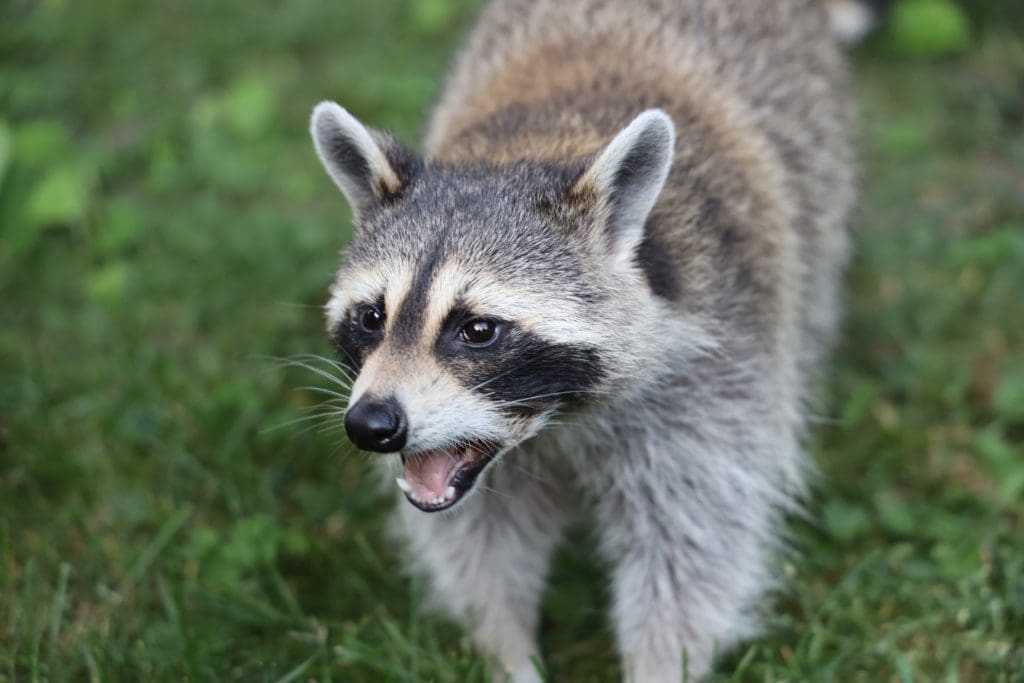A raccoon has tested positive for rabies in Georgetown, but no humans are known to have had contact with it, the Delaware Division of Public Health reported Friday.
Two dogs may have been, the press release said.
Anyone thinks they may have been bitten, scratched, or come in contact with a raccoon in the vicinity of West Robbins Road and South Old State Road should immediately contact their health care provider or call the DPH Rabies Program at 302-744-4995.
Since Jan. 1, Public Health has performed rabies tests on 185 animals, 19 of which were confirmed to be rabid. They included one dog, one deer, one fox, one cow, two skunks, three cats, six bats, and four raccoons, including this case. The state only announces those rabies cases if it’s that people or pets had contact with the infected animal.
In 2020, DPH performed rabies tests on 121 animals, four of which were confirmed to be rabid along with two positive specimens tested out of state, including one raccoon, one bat, and four cats.
The annual numbers have risen because the state is following national guidelines which recommend checking more possible cases.
Rabies is deadly, and by the time symptoms — which can be as simple as an itching at the bite site — begin to show, nothing can be done to save the person or the animal.
Rabies is preventable. The state recommends:
- All dogs, cats, and ferrets 6 months of age and older are required by Delaware law to be vaccinated against rabies by a licensed veterinarian.
- Pet owners can reduce the possibility of pets being exposed to rabies by keeping them indoors and not letting them roam free. It is especially important for pet owners who do allow their cats to roam outdoors to vaccinate their pets.
- Do not touch or otherwise handle wild or unfamiliar animals, including cats and dogs, even if they appear friendly.
- Do not keep your pet’s food or water outdoors; bowls can attract wild and stray animals.
- Do not feed feral animals, including cats, as the risk of rabies in wildlife is significant.
- Spaying or neutering your pet may reduce the tendency to roam or fight and, thus, reduce the chance they will be exposed to rabies.
- Keep your garbage securely covered.


Betsy Price is a Wilmington freelance writer who has 40 years of experience.
Share this Post








